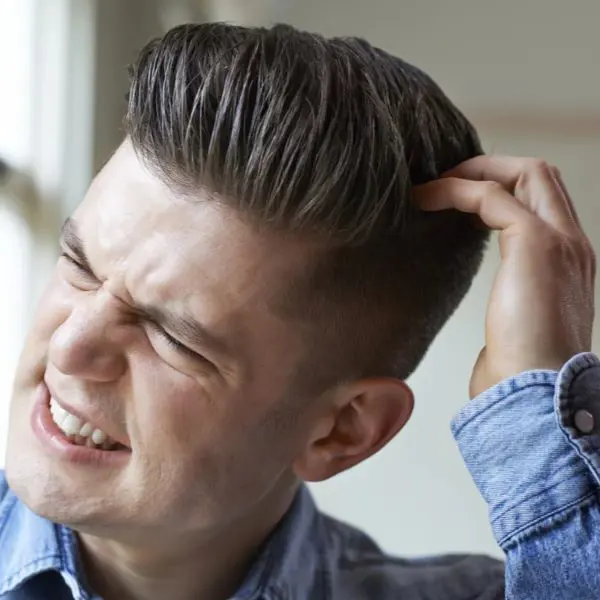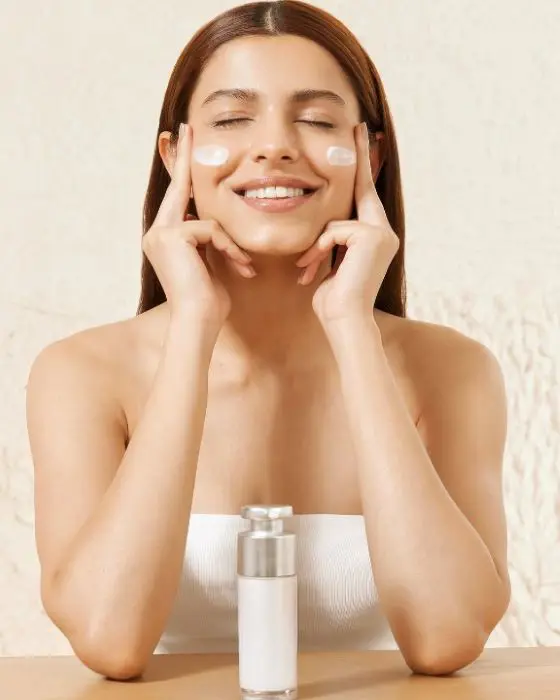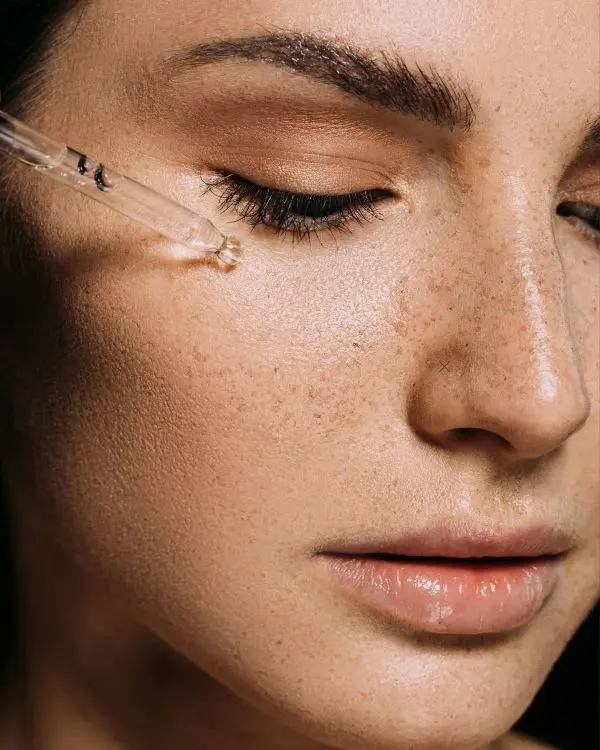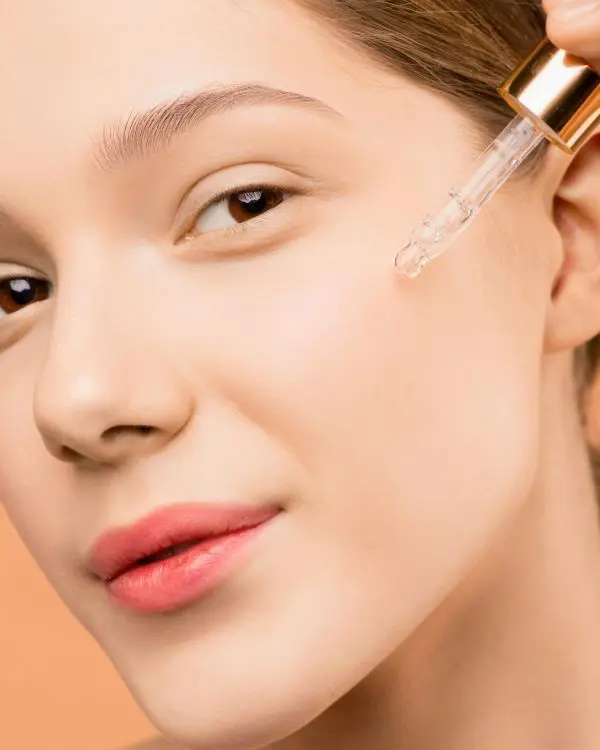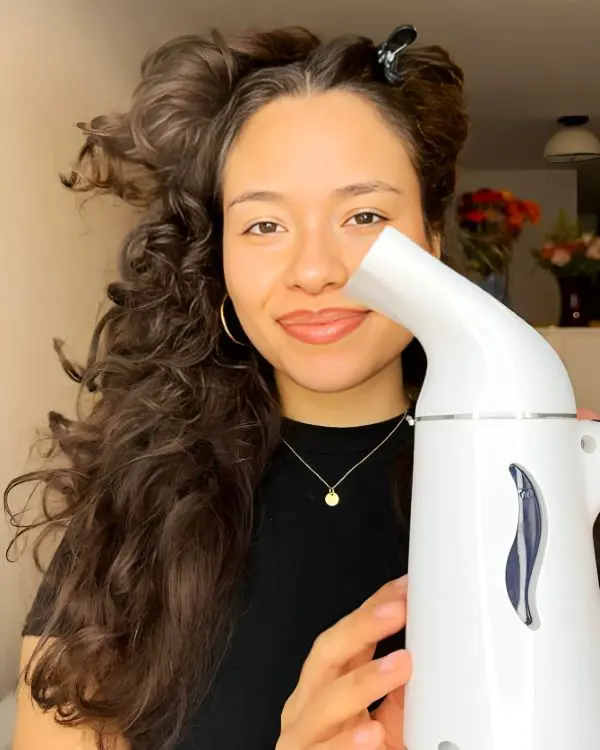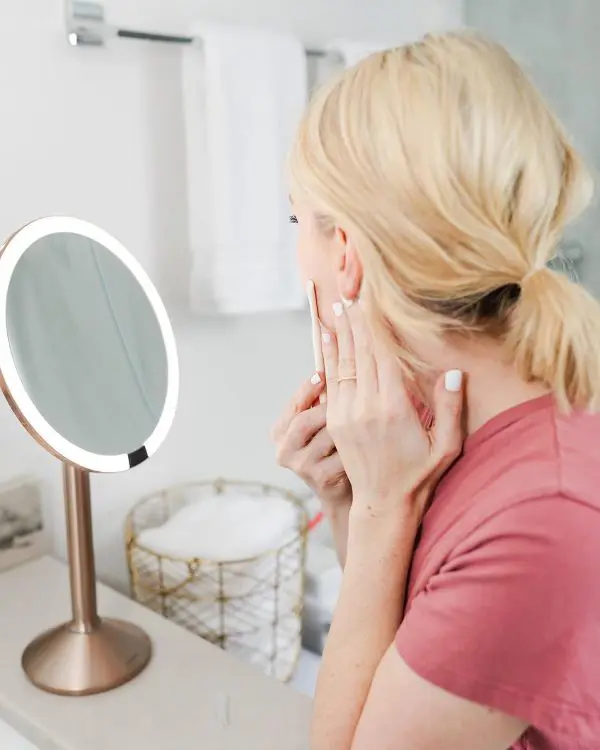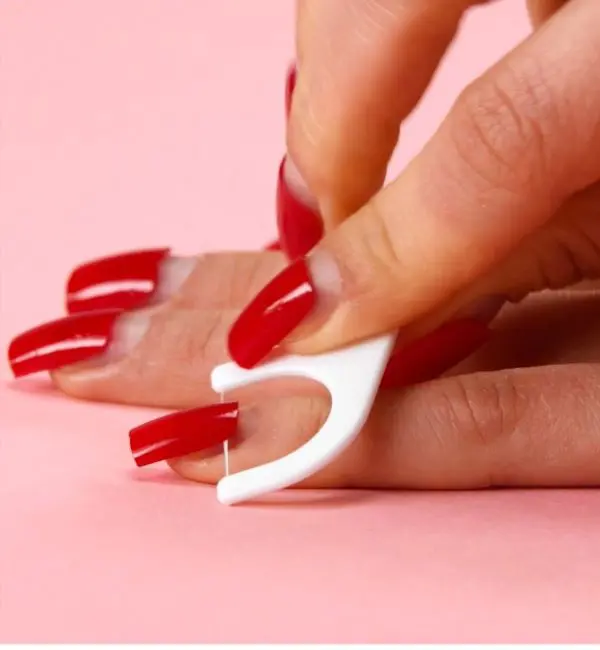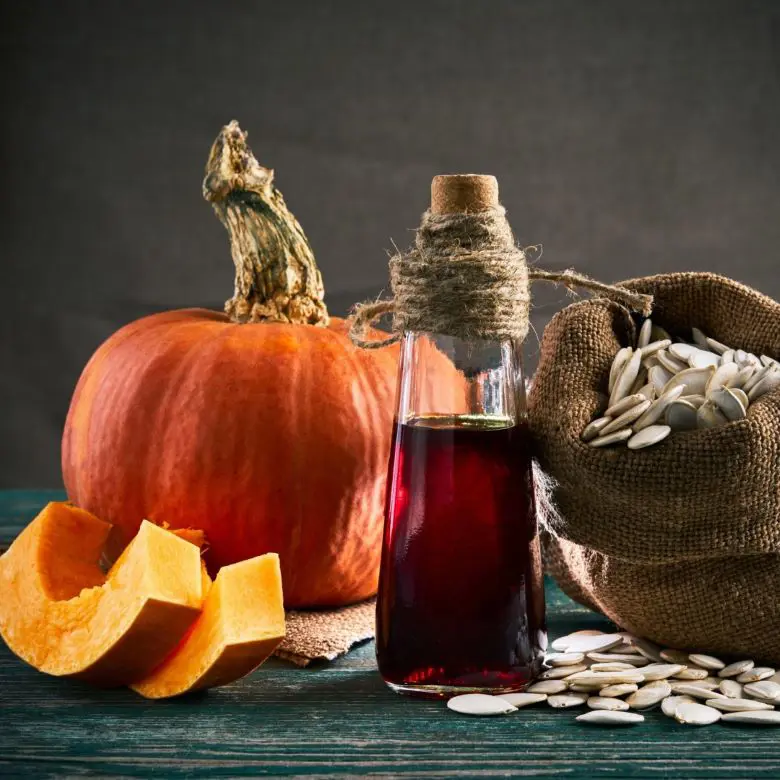Itching of the scalp is not just an occasional nuisance; it is so much more than a small inconvenience that makes you feel uncomfortable and distracted throughout the day.
Scratching can be a massive distraction in your day-to-day life, and, besides, it might make people judge you simply because they have no idea that it brings a lot of pain.
Here, we’ll explore common causes of scalp itchiness and provide practical ways to ease that aggravating sensation.
1. Dandruff
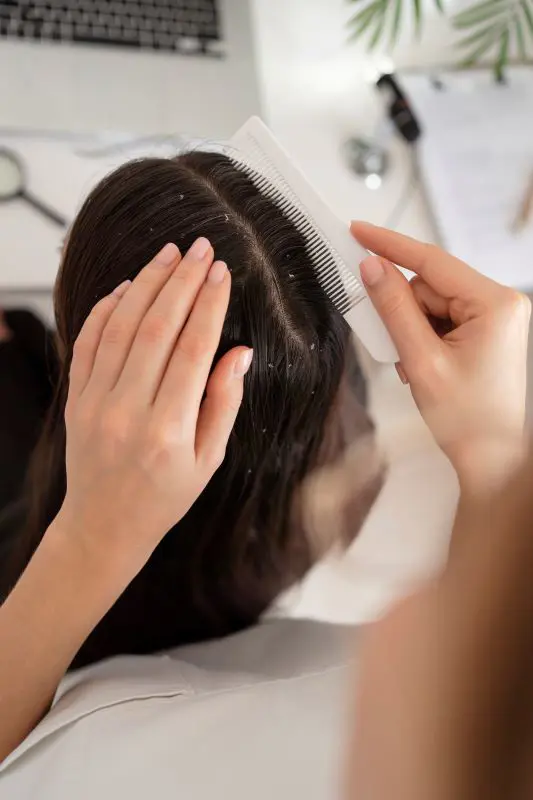
In general, dandruff is associated with overproduction of skin oil or sebum or sebaceous secretion. This secretion can occur due to several reasons which include yeast overproduction, dry scalp, lack of proper rinsing of the shampoo, excessive brushing of the hair, and use of hair products.
When any of these factors is missing or interfered with; dandruff may develop. Fortunately, treatment for dandruff is possible using anti-dandruff shampoos that may contain some active compounds such as zinc pyrithione, selenium sulfide, or piroctone olamine.
2. Contact Dermatitis
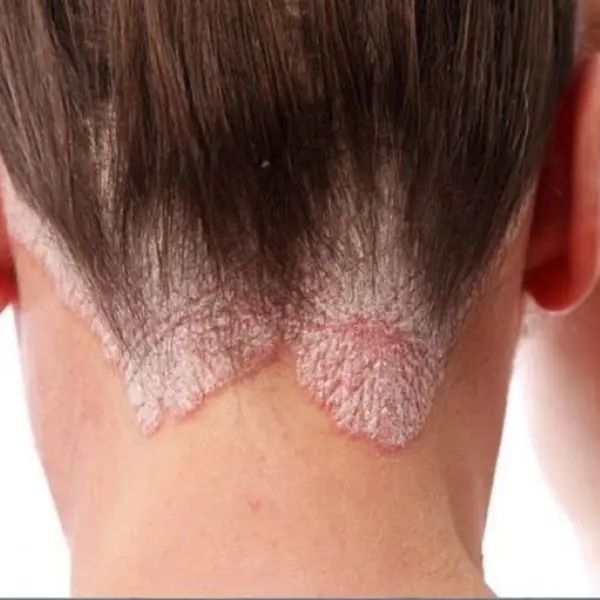
Contact dermatitis is generally not serious, but it can be uncomfortable due to irritation and allergic reactions on the scalp. It can occur when your scalp gets dry, has flaky skin, or experiences skin burns, swelling, and sun sensitivity.
In short, it is a disease that affects the skin as a result of a chemical or another substance. It can be treated by preventing contact with these compounds which trigger the reaction together with the use of creams, ointments, etc.
3. Head Lice
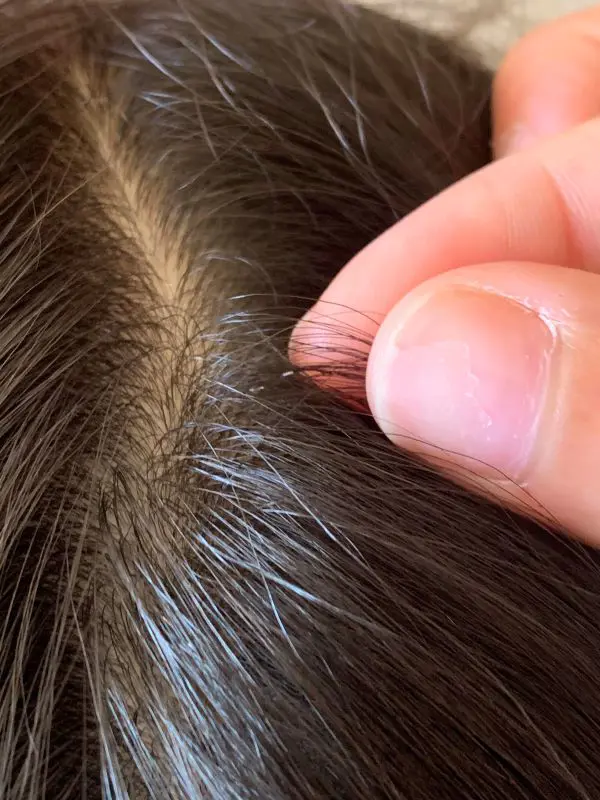
Do you want to know how to eliminate lice? Well, you may consider various products such as medicated unguents or shampoos available over the counter to treat lice and nits.
Using the comb that comes in the package rather than your own comb can improve the effectiveness of treatment since comb’s teeth are closer together and so can better brush out lice.
4. Seborrheic Dermatitis
This is a recurrent skin condition chiefly manifesting on the head in the form of scalp seborrheic dermatitis but can occur on all the body parts. This commonly happens because of the increase in sebum secretion and the colonization of the skin with Malassezia, a type of yeast.
The signs may be treated with antifungal creams, steroids, or medicated shampoos and plenty of water.
5. Dry Scalp
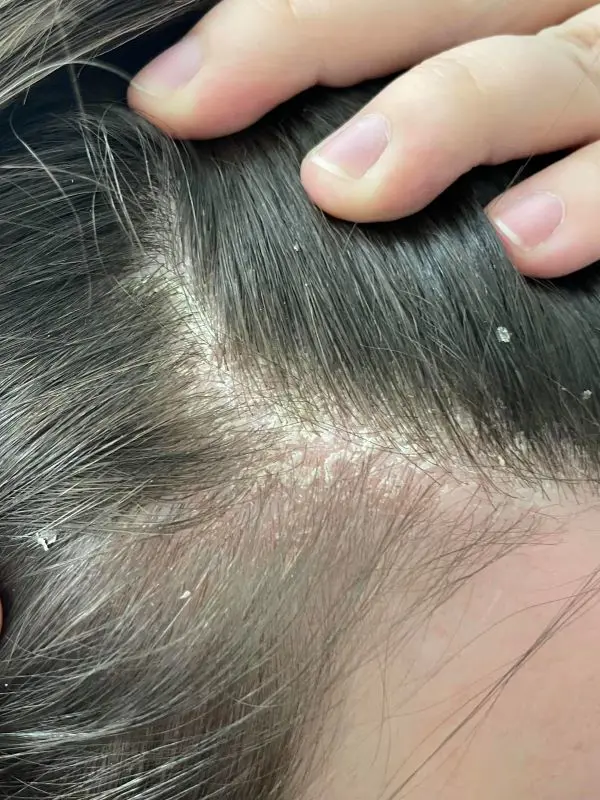
Dry scalps are caused due to a number of factors like skin conditions, harsh hair products, and weather conditions as well.
Therefore, when your scalp is dry, the scalp’s protective layer compromises and loses its moisture, resulting in micro-inflammation and irritation. Using a gentle, moisturizing shampoo can be an option to manage your scalp.
6. Scalp Ringworm
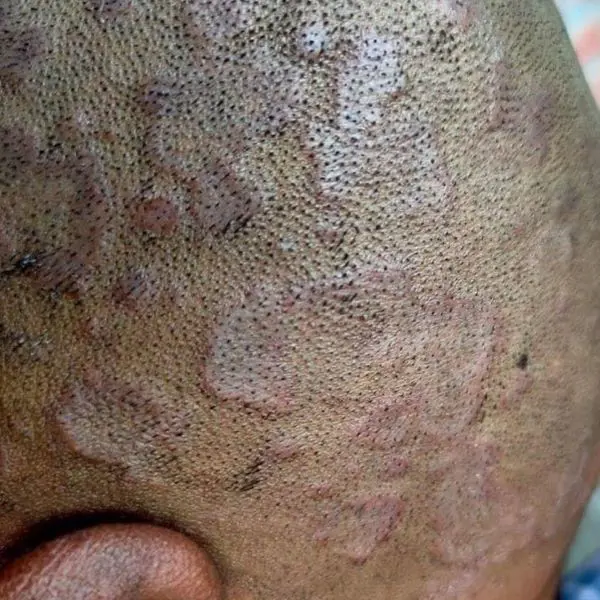
Ringworms are received when a mold-like fungus known as dermatophytes targets the hair part of the skin and the outer layers of the skin. People can get infected through touch with the affected person or animals who are already infected.
If you don't want to be infected, then you should not share combs, hairbrushes, pillow cases, and wash all items with warm soapy water afterward.
7. Atopic Dermatitis
Do you wonder why is my hair itchy for no reason? This could be a result of atopic dermatitis which is a skin condition that triggers itching. Also, it is known to be hereditary and may begin from childhood, but still may occur at any age of development.
Since it is also known as eczema, it can be prevented by developing a hair care routine, avoiding triggers, and seeing a dermatologist.
8. Chemical Hair Products
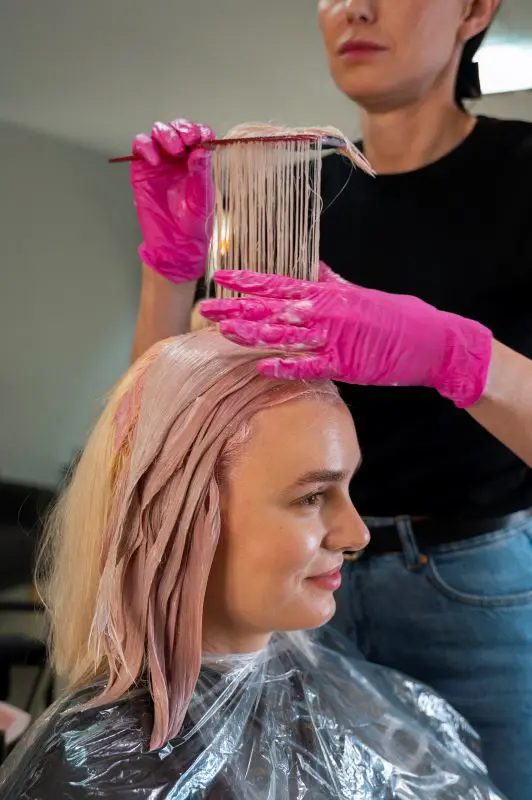
You may think styling looks cooler when it’s done, but have you ever tried knowing the side effects? The chemical found in most hair products affects the skin’s pH balance, causing inflammation.
Thus, one should use products without fragrances or dyes and avoid applying hair products directly on your scalp.
9. Hives
Have you ever felt red bumps on your body that are likely to be itchy? These hives can also appear on the scalp. Although they’re usually short-lived and may come and go within a few hours, in some cases, they can persist for six weeks or longer.
Treating hives involves consulting a doctor and, in some cases, using antifungal shampoo for relief.
10. Folliculitis
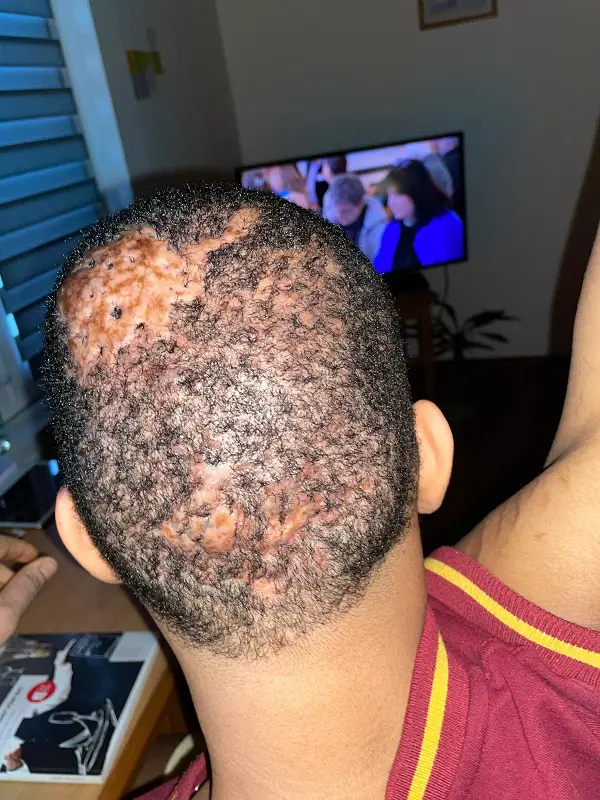
Folliculitis is an inflammatory condition marked by small, red, or pus-filled bumps that form from the hair follicles as a result of bacterial infection, itching, and mild pain.
To minimize the occurrence of folliculitis, decrease the skin rubbing, and preserve the skin hygiene as well as enhancing the hot tubs and pool sanitation.
How To Get Rid of Itchy Hair?
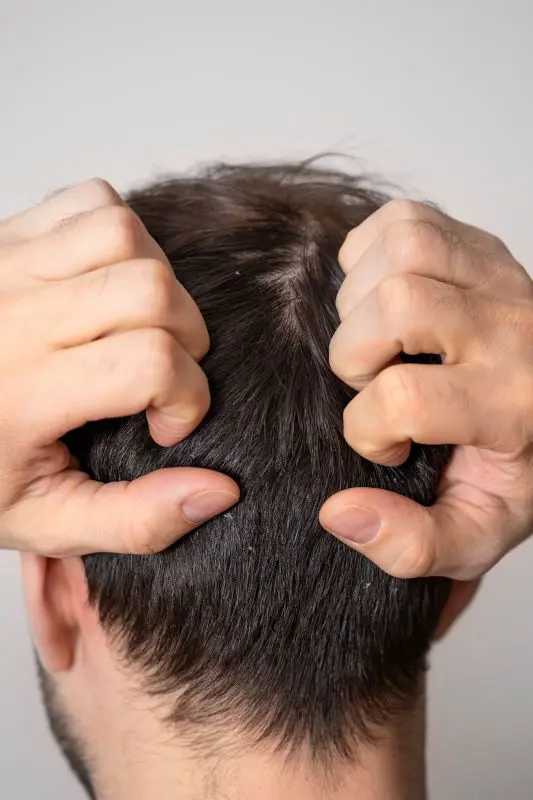
The natural ways of nourishing your hair are must because they can hard reflect the side effects. So, here are some home remedies to find a solution to your problem: why is my scalp so itchy?
Warm Olive Oil Massage
Olive oil contains components like antioxidants, fatty acids, and vitamins and works to decrease the level of irritation plus also to moisturize the hair and soften crusts.
Cover the entire scalp with this mixture and for this apply 3 tablespoons of olive oil heated, rub it gentling on the scalp and shampoo off with soap and lukewarm water.
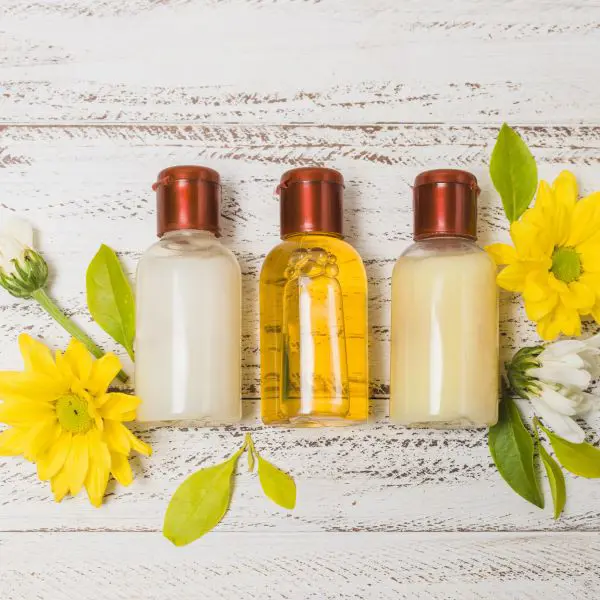
Banana And Avocada Mask
Mash two bananas and one avocado, apply this on dry patches of your scalp for half an hour, and rinse it with cold water. Repeat it two-three times a week.
Thus, they nourishes hair scalp which leaves it moist rather than being dry to allow a healthy scalp atmosphere.
Apple Cider Vinegar Wash
You only require shaking couple of drops of apple cider vinegar into your shampoo and then see the consequences. Thus will be important to add to the water since it controls the pH levels and also eliminates bacteria and fungi.
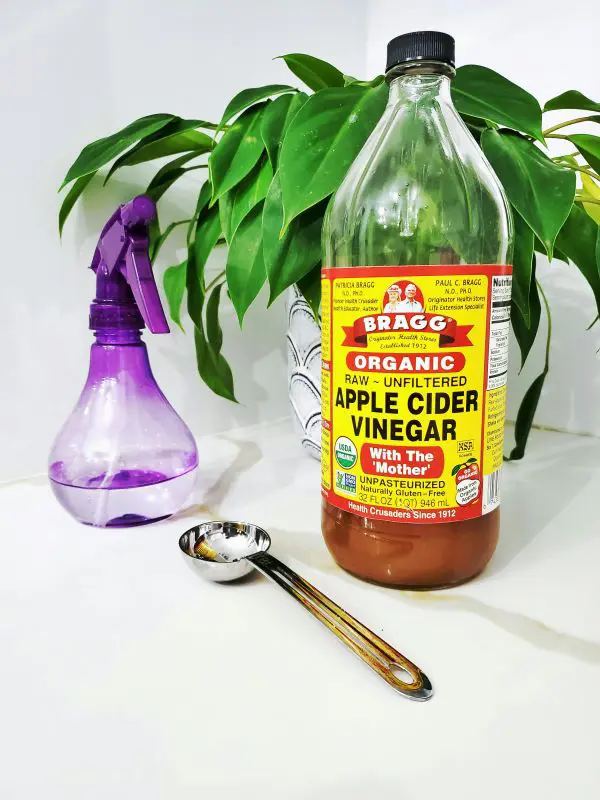
Use Colloidal Oatmeal Paste
Grinding oatmeal into a fine powder, dissolving it in water, and whisk into a paste. Then apply directly to your scalp before shower and wash it out. Hence, it will retain moisture and minimize skin scratchiness.
Apply Coconut Oil
Coconut oil can be taken like one or two teaspoons and then massaged on the head and scalp. Either you simply wash it, or you may leave it laying there for the whole night.
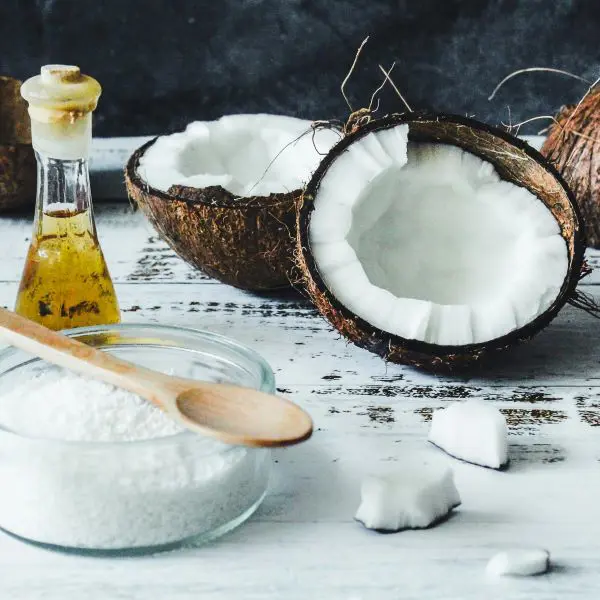
Massage With Peppermint Oil
The cooling effects of peppermint oil are very relaxing for those with an itchy scalp. Few drops can change your pain into relief.
Lemongrass Oil Treatment
Carrying similar properties as others above, this lemongrass oil also helps in the reduction of itchy hair and prevents hair loss.
Just add a carrier oil like almond oil and simply massage your scalp.
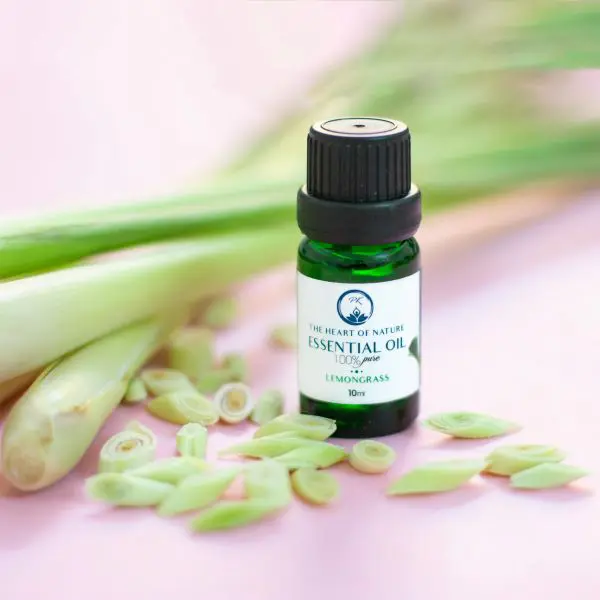
Soothe Scalp With Tea Tree
The extra feature of tea tree oil is that it can unblock pores, which helps to wash away oil, dead skin, and chemical buildup. This results in reduced dandruff, a main cause of your hair itchiness.
Onion Juice With Oil
The natural healing abilities of Onion total stems and root may relief any irritation on the head due to the inflammation it causes. It can also be mixed with warm olive oil to make a viscous solution which can then apply on the hair and scalp for soothing effects.
Prepare this juice with the addition of half a tablespoon of raw honey and warm it a bit before applying it to the scalp and cleansing the hair.
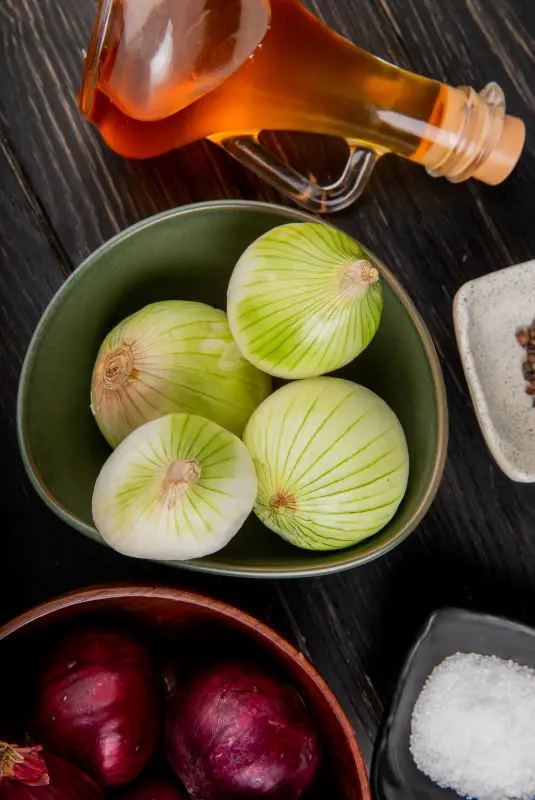
Infused Indian Gooseberry
Indian gooseberry, known as amla, can be made into a hair pack or used as hair oil, then rubbed on the head.
Since amla contains vitamin C, has antibacterial qualities, and is moisturizing, it is ideal for an itchy scalp.
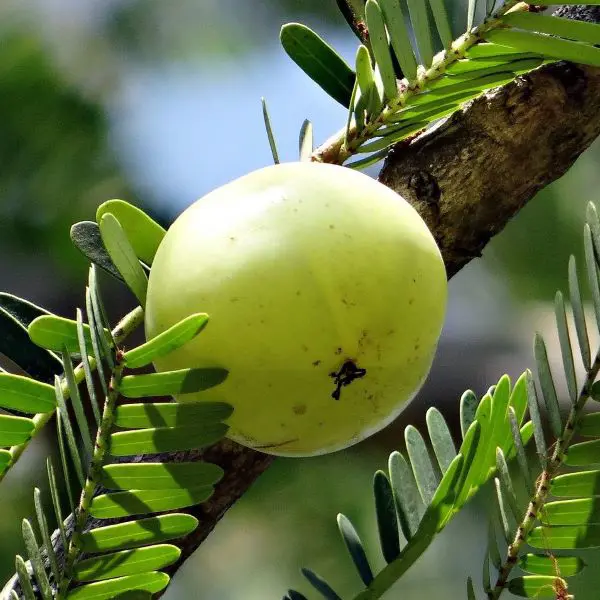
Cleanse With Baking Soda
Baking soda is fast to prepare and apply thanks to its simple preparation.
One can mix baking soda in the ratio of 2-3 tablespoons with water and then massage it into the scalp before washing off the mixture after 10-15 minutes.
Exfoliate With Orange Peel Mask
Since orange is packed with magnesium, calcium, and Vitamin A, people use orange peel for treating itchy scalp.
That’s all which is required, you just need to take some orange peel and add some lemon juice and grind it to make it into a watery consistency. After that spread it over your head and more especially your scalp.
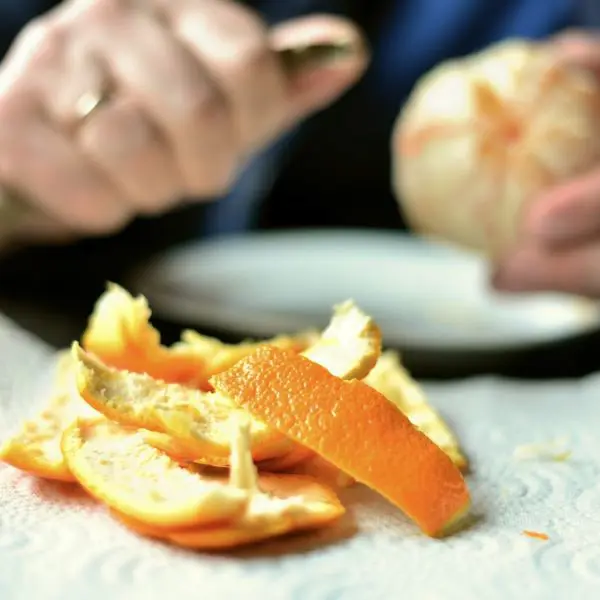
Neem Hair Mask And Oil
The anti-fungal and bacterial properties of Neem comes in handy when dealing with the fungus on the scalp which causes dandruff.
When cooked, neem paste or oil combats germ that causes dandruff and when applied continuously, prevents the germ from reoccurring hence less itchy hair.
Eat Balance Diet
Basically, all the treatments might work well only if you take proper care of your diet. Like reducing the intake of meat, while consuming food containing fatty acids, vitamins A and C.
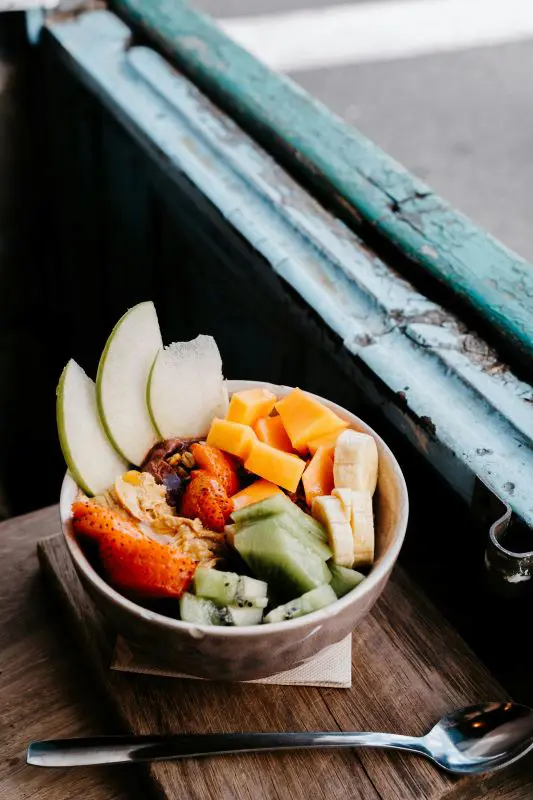
Fenugreek Mask For Itchy Scalp
Fenugreek seeds are known to have flavonoids and alkaloid contents that are very essential in soothing the scalp. This is because when the lotion is applied directly on the skin or used to treat the hair, then it relieves the itching, inflammation and any kind of discomfort that may be caused by inflammation on the scalp.
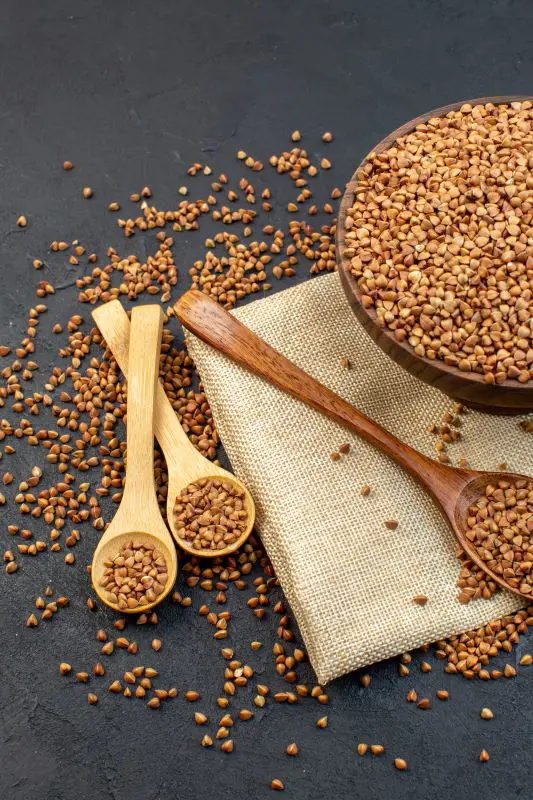
Healing Aloe Vera Gel
Aloe Vera, contains the compound that helps in reducing itchiness like fenugreek seeds and others. So avail the aloe vera benefits by making a gel and applying it on the hair for about thirty minutes.
However, before applying aloe vera topically, one can do a patch test on the wrist to ascertain any allergy.
Green Tea Scalp Treatment
Unclogging hair follicles and protecting UV damage, green tea helps in the reduction of itchy pain.
You can use green tea by mixing it with honey, as in shampoo or conditioner, or a drink.
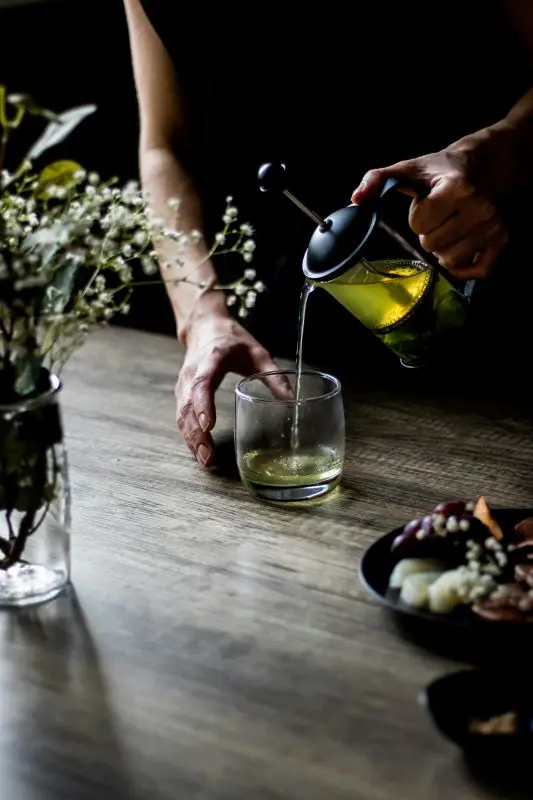
Consulting Doctor
You should always keep in mind that visiting a doctor is a must if your hives last longer than six weeks. If your itchy spots are very sore to the touch and have an intense itching.
You have to ask him why does my hair itchy and follow his instructions.
Summary
Indeed, itchy scalp can be frustrating, and irritating, but you can get over it. But before you jump into treatments, take a minute to ask, 'Why is my head itchy? Try a few things of home stuff, whatever feels right. And if it doesn’t work, well, that’s what dermatologists are for.


